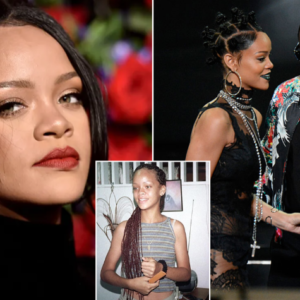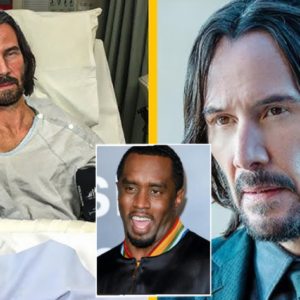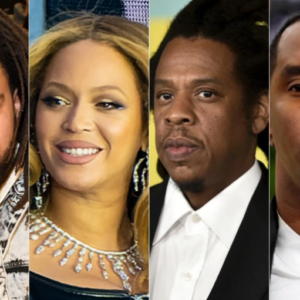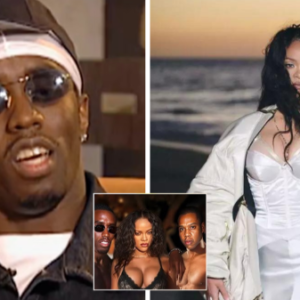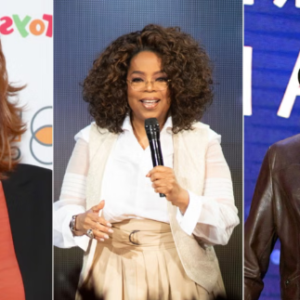In a shocking turn of events within the entertainment industry, actors Orlando Brown and Bryshere Gray have stepped forward to file a lawsuit against hip-hop mogul Sean “Diddy” Combs, alleging involvement in a scandal they refer to as “fr3ak0ffs.” The lawsuit, which has garnered significant media attention, brings to light serious accusations and raises questions about transparency and accountability within the realm of celebrity interactions and business dealings. Both Brown and Gray, who have faced their own battles with substance abuse and personal struggles in the public eye, are now at the center of a legal storm that could further redefine their careers and reputations.
According to the lawsuit, Brown and Gray alleged that Diddy engaged in manipulative practices during their interactions, which allegedly led to detrimental consequences for their personal and professional lives. The term “fr3ak0ffs” appears to refer to situations where individuals are caught in compromising or exploitative circumstances, often with consequences that extend far beyond the initial incident. In their legal filings, both actors express feelings of betrayal and exploitation, claiming that they were promised opportunities that never materialized, leading to significant financial and emotional distress. The lawsuit sparks broader conversations about the often murky waters of Hollywood and the pressure placed on young stars within the industry.

Orlando Brown, perhaps best known for his role in Disney’s “That’s So Raven,” has long been a figure of intrigue and controversy. His personal struggles, including a very public battle with addiction, have been well-documented, and many feel empathy for his situation. In contrast, Bryshere Gray, who rose to fame through his role on the hit series “Empire,” has also faced his own legal issues, making the partnership in this lawsuit particularly poignant. Together, they illustrate the often tumultuous journey of young actors navigating a complex industry with entrenched power dynamics.
During a press conference, Brown and Gray spoke out about their decision to take legal action against Diddy. “We felt it was time to stand up for ourselves,” said Gray, expressing the sentiment that silence had only allowed such manipulative behaviors to persist in the industry. “This isn’t just about us; it’s about anyone who has found themselves in a similar situation,” he added, underscoring the familial sentiments that often drive individuals in similar predicaments to pursue justice. Brown echoed these sentiments, stating, “We want to raise awareness about the shadowy practices that can exist behind closed doors in Hollywood.”

Diddy has yet to publicly respond to the lawsuit, but the allegations have sparked an intense conversation within the entertainment community regarding accountability and the treatment of aspiring artists. Many industry insiders have weighed in, calling for a reevaluation of practices that can lead to exploitation. “This case sheds light on a troubling reality that exists. Every artist deserves to be treated with respect and dignity,” commented an unnamed industry executive.
The ongoing lawsuit could not only impact the careers of Brown and Gray but also has the potential to create ripples throughout the industry. If the allegations are proven to have merit, it may prompt greater scrutiny of practices and behaviors typically accepted as the norm. This case serves as a reminder that while the entertainment industry often celebrates glamour and glitz, there can be a darker underbelly that requires vigilance and advocacy for those vulnerable within it.

As the media covers this unfolding story, many will be watching closely to see how the legal proceedings progress. Brown and Gray’s story is one of resilience and the quest for accountability, hoping to shed light on the challenges faced within the entertainment sphere while also advocating for change and support for their peers. Thus, the lawsuit against Diddy not only symbolizes their personal fight for justice but also embodies a larger movement toward ethically reexamining the industry that has long been fraught with exploitation.
